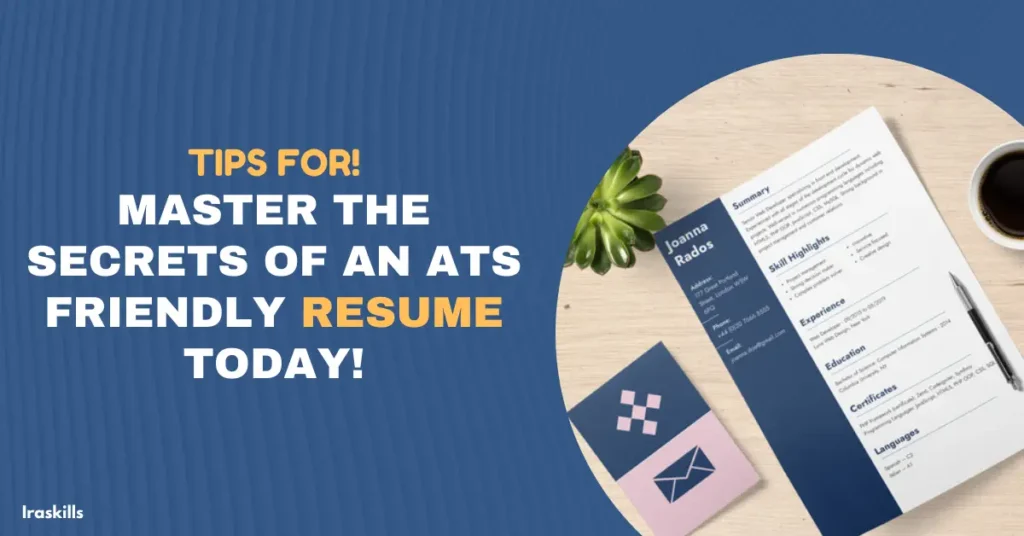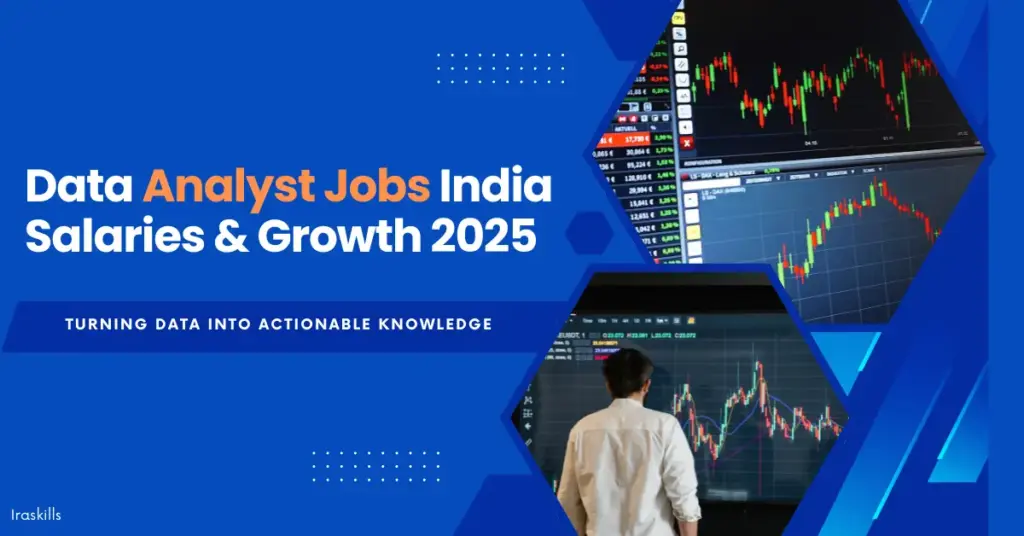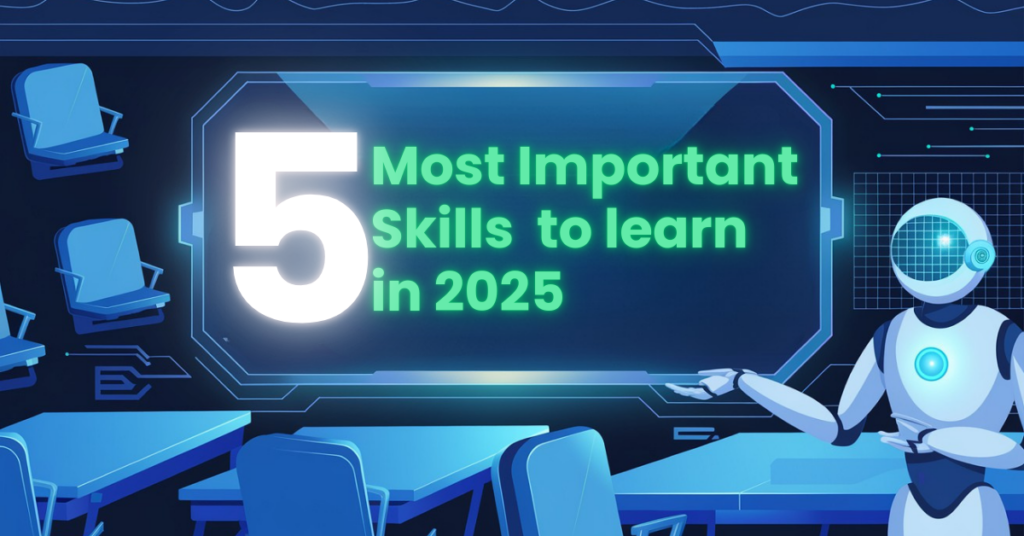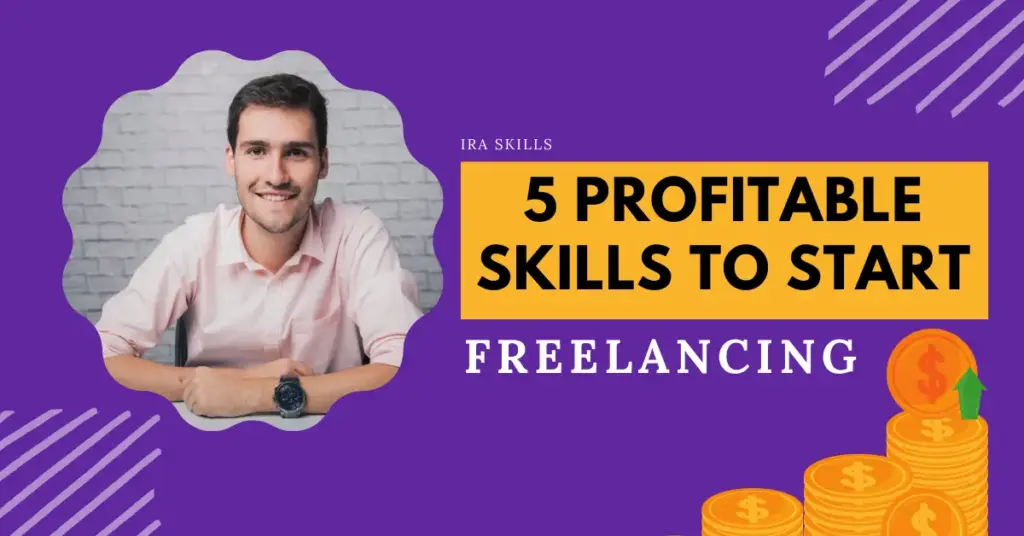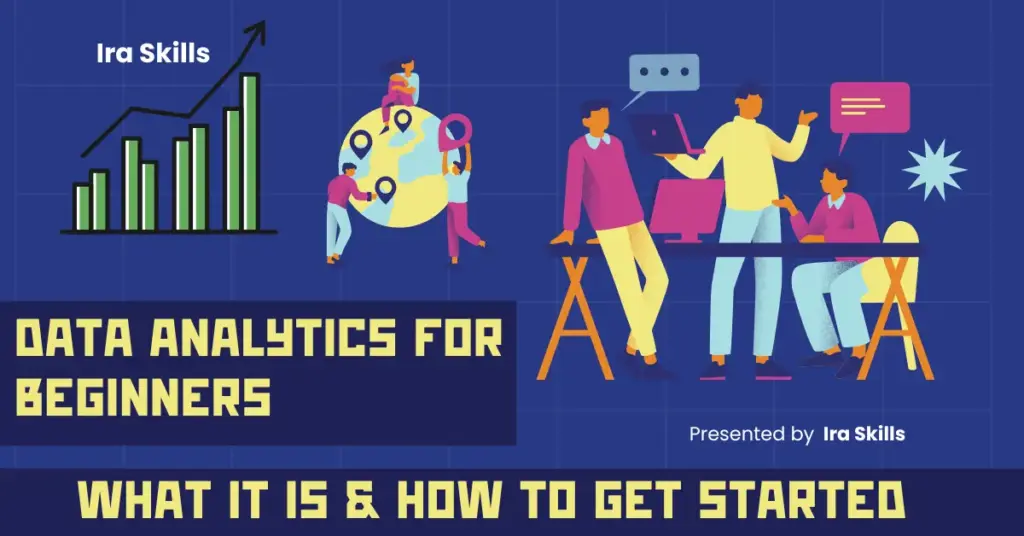Struggling with startup growth? Learn how founders can survive the early-stage chaos with smart financial planning, must-have upskilling strategies, and sales mastery. A complete startup survival guide.
In the world of startups, romanticizing hustle is easy, but reality checks are ruthless. You might have the brightest idea, the best pitch deck, or even seed funding—but if you miss out on three key areas: sales, upskilling, and financial planning, your startup might not see its second year.
This isn’t a motivational piece. It’s a survival manual.
Why Founders Fail: A Reality Check
Startup community is full of passionate people who often make one fatal mistake: they overestimated revenue and underestimated burn rate. Most founders believe that funding or virality will come sooner than they do. But when salaries stop, and cash flow dries up, it’s the founder’s preparedness that decides whether the dream survives.
So the brutal truth? Nobody cares about your product except you, in the beginning.
So how do you build a startup that doesn’t just launch, but lasts?
The Non-Negotiables of Financial Planning
1. Health Insurance and Life Coverage
As a founder, you may skip vacations, delay buying a car, or even work from your bedroom. But health issues won’t wait for funding.
- Get a solid health insurance plan for yourself and your family.
- Buy term life insurance—not as a liability, but as a responsibility.
- Avoid low-coverage plans; anything below INR 50 lakh per family member is simply not enough in India today.
2. Emergency Fund: Your Startup Lifeline
Every founder must have at least 2 years of liquid savings to cover basic personal expenses.
Why?
Startups often don’t pay founders for the first 18–24 months. Plus investors may back out or customers might delay payments.
So, without a runway, you’re gambling with your survival.
Tip: Keep this money in a mix of high-liquidity savings accounts and short-term debt funds.
Sales Mastery: The Lifeline of Your Startup
Why Sales Must Come Before Product?
Because you might love your product, but your customers don’t owe you attention…
So, until you can sell your:
- Vision to investors
- Product to customers
- Culture to early team members
…you’re not a founder. You’re just a builder.
How to Build a Sales Mindset?
Be ready to talk to 100 people and get rejected 90 times.
Don’t outsource early sales. You must know what objections people have, where their pain points lie, and what they’re willing to pay for.
Sales isn’t manipulation—it’s value communication.
Sales Skills You Can Learn Today
- Digital Sales: Learn how to build funnels, send cold emails, and convert via Zoom.
- In-person Sales: Attend events, cold-call, and pitch without fear.
Can’t do it? Then hire or partner with someone who can.
Upskilling for Founders: A Non-Negotiable
The startup ecosystem changes monthly. If you’re not learning, you’re falling behind.
Best Platforms to Upskill as a Founder
- Reforge – for growth & product
- Ira Skills – for data management
- LinkedIn Learning – for short, topic-specific bursts
- CXL – for advanced marketing and analytics
Skills to Prioritize: Digital, Analytical, Sales
- Learn Excel, Data Analytics, and no-code tools to test fast
- Learn how to run digital ads (you’ll need it!)
- Understand unit economics and customer journeys
Learning from Tier 2 and Tier 3 Ecosystems
You don’t need to be in Bengaluru to win. But you must:
- Work in a good startup for 6–12 months to understand real ops
- Attend webinars, demo days, virtual founder meetups
- Create your own learning network if your city lacks one
MVP & Product-Market Fit: Test Before You Scale
Your product is not precious. Your customer’s problem is.
Concept of MVP:
A Minimum Viable Product (MVP) is the most basic version of your product that allows you to collect maximum validated learning about customers with the least effort.
Steps to Effective MVP Testing:
1. Identify Core Problem:
Clearly define the problem your product aims to solve.
2. Develop MVP:
Build a simplified version focusing on core functionalities.
3. Gather Feedback:
Engage early adopters to test the MVP and provide feedback.
4. Iterate:
Refine the product based on feedback to better meet customer needs.
The Freemium Trap: Why Not Everyone Pays
If 100 people are using your product for free, don’t expect 30 to convert.
Instead, test a paid-only version on a smaller base.
Always track user behavior, not just downloads.
Founder Psychology: Mindset Over Machinery
You Can Fool Everyone But Yourself
The world may clap at your funding news or product launch, but you know what’s broken. The best founders are brutally honest with themselves.
- What’s not working?
- What customer is churning?
- Why aren’t they paying?
Fix that first.
The 3–4 Problems Rule
Once you solve 3–4 key customer pain points well, you’re ready to scale.
Don’t overbuild. Don’t overcomplicate.
Conclusion: Convert the Odds in Your Favor
Building a startup is risky. But smart founders de-risk their journey.
- Learn to sell
- Upskill constantly
- Save smartly
Because free me kuch nahi milta, and startups don’t get second chances.
Take risks, but calculate them. Work hard, but work smart. And always remember:
> Founders who learn faster, last longer.

 Login
Login

